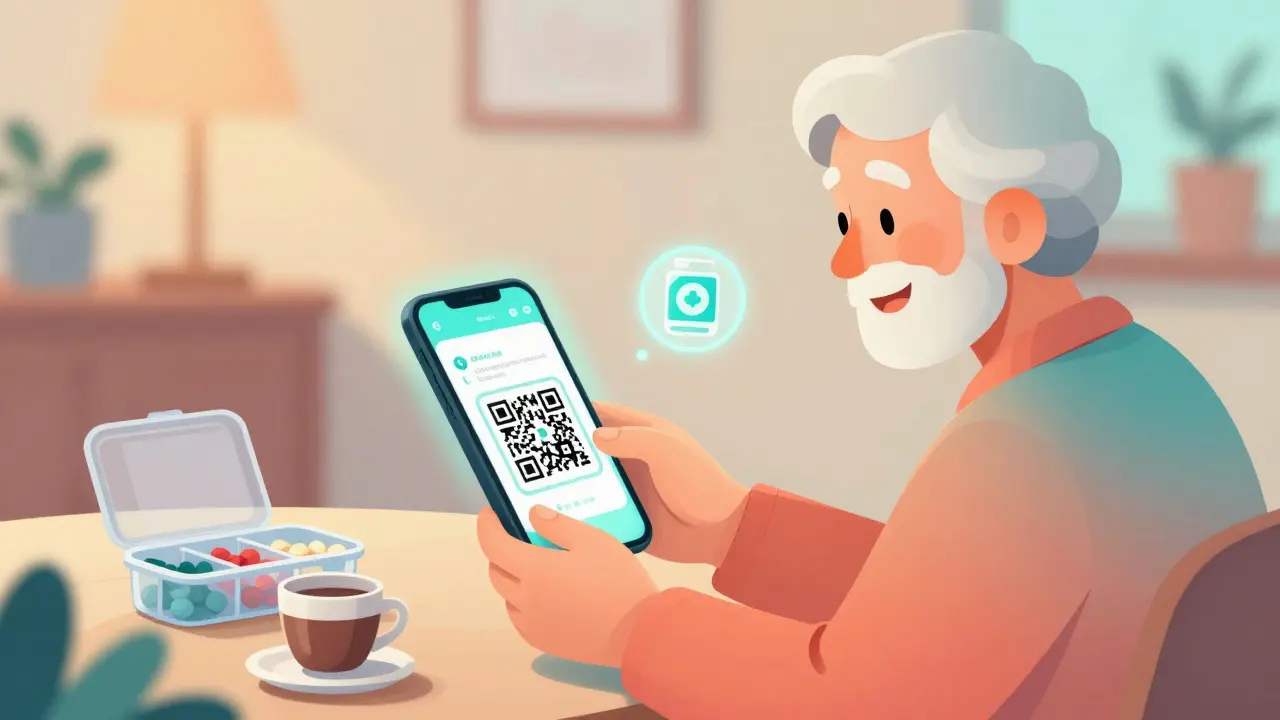Methylphenidate Alternatives: Safe Options and How to Choose
If methylphenidate (Ritalin, Concerta) isn’t working or you don’t want stimulants, you’ve still got options. Picking an alternative depends on your symptoms, medical history, and how you tolerate side effects. Below I list common prescription swaps, non-drug choices, and quick tips to talk to your doctor.
Prescription medication alternatives
For ADHD and focus issues, many doctors use other stimulants like mixed amphetamine salts (Adderall) or lisdexamfetamine (Vyvanse). They act differently and may work when methylphenidate doesn’t. Modafinil (Provigil) is a wakefulness drug sometimes used off-label for attention problems; it has different side effects and lower risk of appetite loss for some people. If stimulants are not an option, non-stimulant choices include atomoxetine (Strattera), which works on norepinephrine, and the alpha-2 agonists guanfacine and clonidine. These can help attention and impulsivity, especially in children or when tics or anxiety are present. Bupropion, an antidepressant, is another off-label option that boosts focus for some adults. Every drug has trade-offs: stimulants tend to help quickly but can raise heart rate and anxiety, while non-stimulants can take weeks and may affect sleep or blood pressure.
Non-drug approaches and supplements
Medication isn’t the only path. Cognitive behavioral therapy (CBT) and ADHD coaching give tools to manage time, tasks, and impulsivity. Good sleep, regular exercise, and a consistent routine often improve attention more than people expect. Certain supplements show modest benefits: omega-3 oils have some evidence for aiding focus, and iron or vitamin D checks can matter if you’re deficient. Avoid high doses of caffeine or unregulated “smart drugs” — they can worsen anxiety or sleep. If you try a supplement, tell your doctor because some interact with prescription meds.
How to choose? Start by listing your top goals: better concentration, less impulsivity, or better sleep. Share this with your clinician; that guides whether a stimulant, non-stimulant, or therapy fits best. Ask about expected timelines, common side effects, and how the change will be monitored. If you have heart disease, uncontrolled blood pressure, or substance use concerns, that shifts safe options.
Practical tips: keep a symptom diary for a week before switching so you can describe changes clearly. If you try a new drug, give it the recommended trial time unless side effects are severe. Don’t mix prescriptions without medical advice. Finally, remember that what works often combines medicine plus routines and therapy.
Want detailed guides on specific alternatives and where to find trusted information? Check the linked articles on this tag page to compare drugs, doses, and real-world pros and cons.
Safety checklist: before switching, get a baseline check — blood pressure, heart rate, and any drug interactions. Ask if the new drug affects appetite, sleep, or mood and how long to try it. Discuss follow-up timing and who to call for side effects. If cost or access is a concern, ask about generic versions or copay cards. Always keep a copy of your current medication list and share it with any new provider. Start small, safely.





